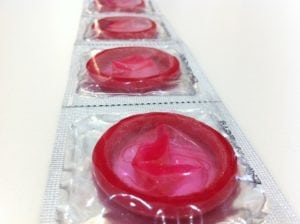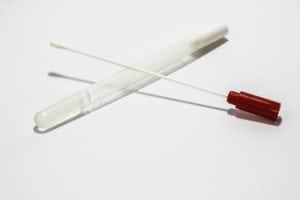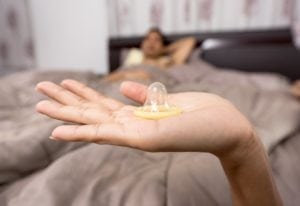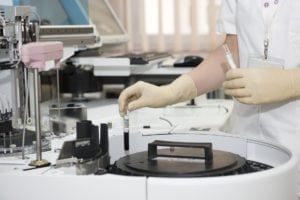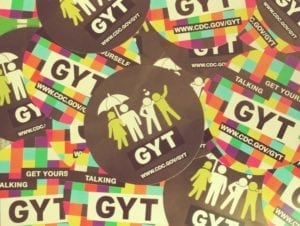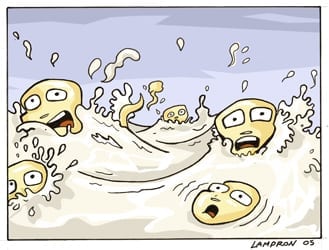Sexually transmitted diseases, or STDs, are passed from one person to another through infected bodily fluids during unprotected sex. Contrary to popular myths, you can catch an infection even if you don’t have vaginal sex. Some diseases, like human papillomavirus (HPV), can be spread through skin-to-skin contact, while others, like oral herpes, can be contracted through oral sex or even kissing.
This guide is an attempt to answer some of the most common questions about STDs and STD testing.
Why is STD testing so important?
Any sexually active person – male or female, old or young – can get an STD. However, young women below the age of 25 are biologically more vulnerable to catching infections such as chlamydia and HPV. They are also more likely to have serious health complications from the disease, such as loss of fertility. The only way to know if you have an infection is by getting tested. If detected in time, many STDs can be cured with antibiotics.
What do STD symptoms look like?
Sores around the mouth or genital area, pain or discomfort while passing urine, abnormal discharge, or discolored urine are common symptoms of STDs. However, STDs are not always symptomatic. This means that you may be carrying an infection even if you don’t have any symptoms. As a carrier, you can also transmit the infection to your partner although you are still asymptomatic. So if you have had unprotected sex recently or think you may have been exposed to an infection, you need to get tested for STDs.
I had a possible exposure to an STD, when should I get tested?
It is best to wait at least two weeks after a recent sexual encounter to test for STDs. Experts also recommend a repeat test after four weeks from the initial test to ensure that you are clear of any STD-causing bacteria. If you are concerned, you can test for the most common STDs such as gonorrhea, chlamydia, syphilis, herpes, HIV, and hepatitis A, B, and C at the same time.
How long will it take?
STD testing is quick and easy. Once you purchase your test online, you’ll visit a nearby testing facility and provide a blood sample, a urine sample or both depending on what STD is being tested. All in all, it’s a 10-minute process for testing. Results are usually available in one or two days. Free clinics, such as Planned Parenthood, also offer testing; again, it’s as quick and simple as giving a blood and/or urine sample.
Do I need to prepare before going to the testing facility?
No, STD testing does not require any form of fasting or preparation. However, if you want to test for chlamydia or gonorrhea, you will be asked to not to urinate for at least one hour before the test.
Will my STD test results be confidential?
STD testing is completely safe, secure, and confidential, which means that no one other than you will have access to your test results. To safeguard your privacy and to avoid having the test results entered into your medical records, many major STD testing services do not accept medical insurance. If you’re still a teen, you can even be tested without involving your parents!
If you still have questions or concerns about how STD testing works or what it involves, don’t be afraid to as a healthcare professional for more information.
